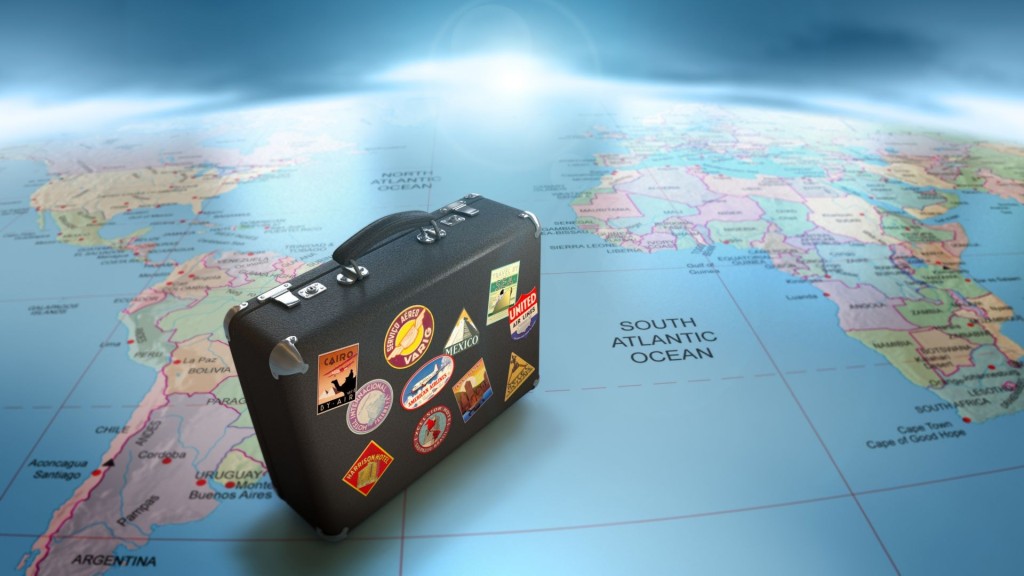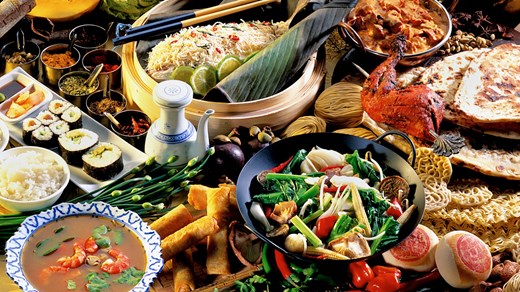No one wants to get sick while they are travailing, especially when they are traveling out of the country and are far away from home. There is always a risk of falling sick when you are out and about away from home. Here are some things to consider when traveling abroad:
Safety Precautions- What to Look Out For
The World Health Organization says these are the most common illnesses people get when traveling overseas:
Diarrhea- often caused by exposure to bacteria and germs and other pathogens, can be found in water and food, usually occurs during longer stays after prolonged exposure to the pathogens. Medical treatment is needed for cases that are severe.
Malaria- This disease can be fatal and is a big problem in tropical areas where mosquitoes and other biting insects run rampant. It is one of the most serious health problems that people traveling abroad face.
Hepatitis- This is another common viral illness people face when traveling overseas. The most common form travelers encounter is Hepatitis A and though not usually fatal it can make a person very sick and land them in the hospital for a few days.

Pre-departure Preparations
Always make sure your papers, reservations, visas, and all other documents and paperwork are in order long before you fly- it will help reduce stress and reduce the chances of your immune system being weakened. Also learn about potential health risks your travel areas pose and find ways to minimize your risks. Do not travel if you are pregnant, ill, or just recovering from an illness or major surgery. If you have to travel, talk to your doctor about special precautions you should take. Make a list of available foreign clinics in the area so you know who to contact if you should get sick and need medical care.
Carry A First Aid Kit
Never forget to carry a first aid kit with you. And your first aid kit should contain all the basic medical supplies that you would find in a regular kit. Additional things you may want to include are more non- traditional items likes scissors, tweezers, needle and thread, string or clean shoelaces, tape, and a magnifying glass.
Be Careful With Your Food And Water
Always be careful about what you eat or drink when traveling abroad as health regulations and practices are not as good in some areas and are non-existent in others. Eat only in good and clean restaurants, ask for recommendation from the locals, and make sure to only eat foods that are well cooked and delivered to your table steaming hot. Bakes foods like breads, tortillas, crackers, and such are usually safe so long as they have been properly stored. Try to eat canned foods over fresh/raw fruits and vegetables. If you do eat fresh local produce make sure you peel and shell them yourself and do not use tap water to wash your food- bottled or boiled water is the only safe option. If you are not sure how safe the local drinking water is, drink juice, soda, or bottled water that has been imported.

Food to Avoid Abroad
Leafy or uncooked vegetables – bacteria and microbes can live in the plant
Street vendors or market stalls – no way to know where it has been
Unpasteurized dairy – can be high in bacterial and other contaminants
Undercooked, raw meats- are a haven for e.coli and other harmful microbes
Buffet foods – make sure the food is kept hot and protected while being served
Ice in drinks- do not use ice made from local water if unsure it is safe
Cold sauces or salad dressing- usually raw eggs are used